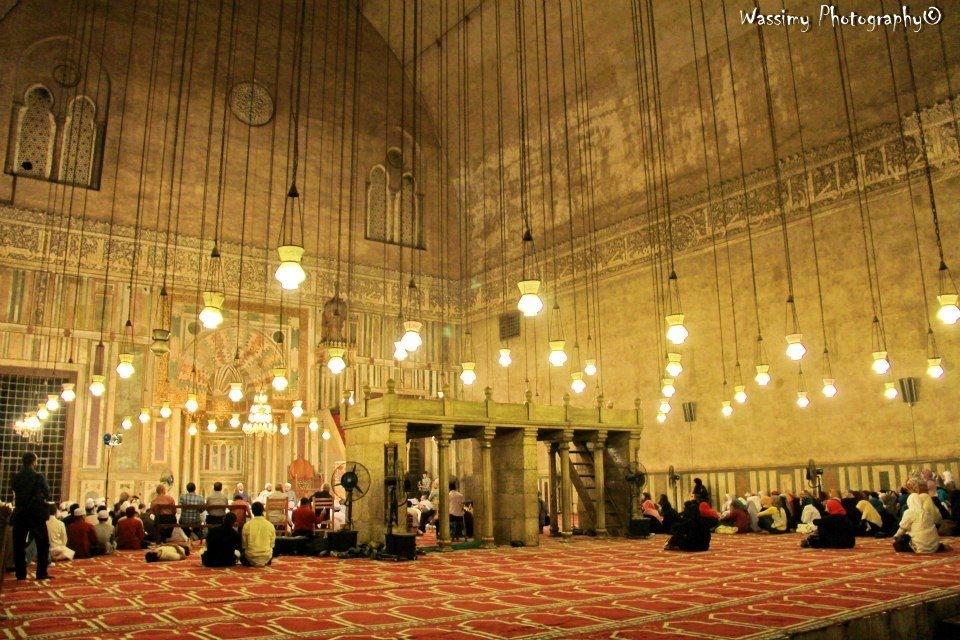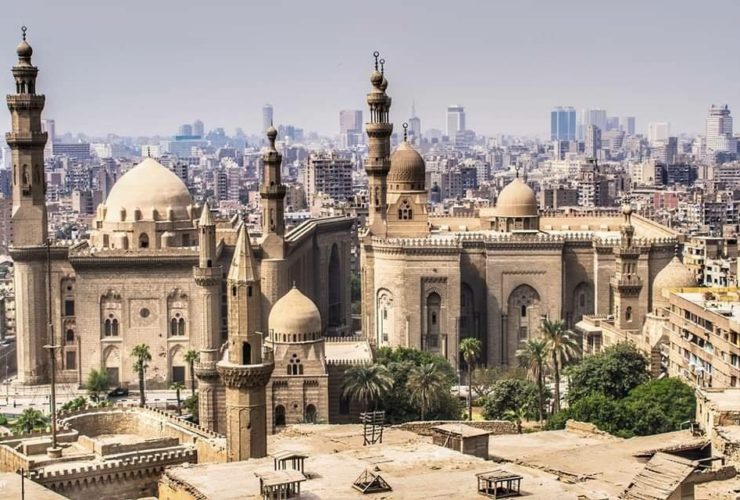Episode 19: Islamic Spirituality, pt2
One of the richest traditions Islam has is its spiritual tradition, or Sufism as it is more commonly known. In this 5 part series I introduce the richness of this tradition from a bird’s eye view perspective and offer some practical tools in later episodes that I have found to be tremendously useful in all aspects of my life.
Episode Notes
Episodes Notes
2:30 quick overview of three major areas that makeup the intellectual paradigm of Islam
4:09 how we answer basic questions within an Islamic framework
7:20 Islamic spirituality is based on the Quran and Sunna, but also human experience of those before us
9:40 the example of the circle as representing orthopraxy/orthodoxy in Islam
11:20 the path to God is the radii in the circle example and represents an infinite amount of paths to God, based on orthopraxy/orthodoxy
14:00 the importance of knowing the basics of Islam
18:00 the challenge of knowing what spiritual practices to follow
19:45 identifying who/what is a human being: body-soul-self
22:10 the usage of these terms is not always consistent within Islamic literature
23:37 the self (nafs) is what makes us morally responsible
25:20 the relationship between the heart and purification
28:15 can’t have just the outside of Islam, need the heart to be rectify
Selected Links
Book of Remembrances by Imam al-Nawawi
Moral obligation –
Quran Mentioned
“No coercion in religion”, 2:256
“Except the one that comes to Allah with a sound heart”, 26:89
“They ask you about the sou”, 17:85
“Do they not reflect the Quran or are there locks on their hearts”, 47:25
“Blessed is the one who purifies their self, etc.”, 91:9
Hadith Mentioned
“Joy in breaking fast”, Sahih Muslim
“Indeed in the body is a morsel of flesh, if it is set right, the body will be set right,” Both Bukhari and Muslim
Hadith of the khawarij reading the Quran and not penetrating their hearts, Sahih Muslim
“taqwa is here”, Sahih Muslim
People Mentioned
keep learning
Understanding the Muslim Mind
If we could take all of Islamic intellectual history, what sort of patterns and principles could we deduce? More importantly, if we found someone who actually knew all this information, what would they look like, think like, talk like, etc.?
What is Usuli Islam?
In The Clock of the Long Now, Stewart Brand argues that religion is one of the most durable institutions of civilization that helps ground us all in timeless values. In his concept of the forces of innovation (rapidly changing) and durability (slow changing) of civilization, religion would definitely be amongst the more slow adapting forces.
MORE




